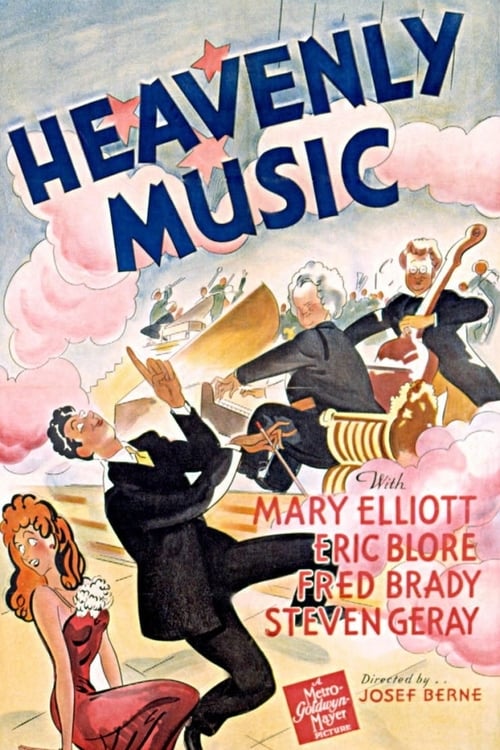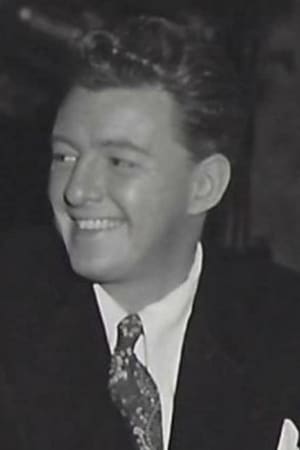
CinemaSerf
6
|
Jul 27, 2025
All-American musician “Ted” (Frederick Brady) finds himself in heaven trying to convince a formidable collection of his historical peers that he is fit to be admitted to their eternal hall of music. Under the chairmanship of Beethoven (Steven Geray) these famed composers ask for a demonstration of his work, but he rather riskily points out that with only seven notes on the scale, just about everyone from Paganini and Liszt has pinched from Tchaikovsky and Wagner! Needless to say, they don’t respond so well to that assertion, so require that he compose a work of his own in just ten minutes. Luckily, he has a bit of angelic assistance from “Joy” (Mary Elliott) but can he convince the great and the good that his “Heavenly Music” is a patch on “Für Elise”? I quite enjoyed this mischievous short feature as it clearly demonstrates how music has evolved over the centuries just as surely as the attire worn by these often be-wigged gentlemen responsible for some of the most recognisable pieces ever written. It is also quite fun that his inspiration comes from heaven, just as many of their works would have done - or at least that’s where their patrons hoped their commissions would see them end up. The musical tracks do quite cleverly illustrate just how similar so much music is at the basic level, and at how it’s often interpretation, tempo and the instrumentation itself that offers distinctiveness. Will they accept him, though? Nobody is actually playing any of their instruments here, but it is still good fun.









